
OR
Government clueless about activities of religious schools
Published On: July 8, 2016 12:40 AM NPT By: Bishnu Prasad Aryal
KATHMANDU, July 6: Many religious schools in the country are operating without official registration and concerned government bodies are unaware of how they are operating and what they are doing in these schools.
The government is yet to regulate them properly. “We are unaware of their overall activities. We only care about their involvement in the regular academic activities as per the government rules,” said Dr Hari Prasad Lamsal, spokesperson for the Ministry of Education. “It will not be fair to intervene in their religious activities,” he added.
According to the Department of Education (DoE), out of the total 34,806 public schools in the country, 895 are religious schools, which include madrasas, gumbas or vihars and ashram or gurukuls. There are many more such schools running without registration.
Many religious schools are reluctant to register with the authority, unwilling to make their sources of income and other activities transparent, said some government officials. “Apart from government curriculum, they also teach their own religious courses in the schools.”
Suprabhat Bhandari, president of the Guardians' Association Nepal, said that the government should monitor their activities, be it legal or illegal. “Practicing a religion is not illegal. But the authorities should know what is going on inside,” he added.
The DoE officials claimed that it is working to prepare profiles of religious schools running in the country. “We are preparing reports of spiritual schools nationwide through district education offices with a view to connect them to the mainstream education system,” said Baikuntha Aryal, spokesman at the DoE. But Aryal could not specify any deadline by which the ministry hopes to complete the data collection of religious schools. “We need to assess the number of students, physical infrastructures, sources of income, opportunities and challenges in running religious schools so that we can intervene as well as address their problems,” he added.
The data on schools will help us institutionalize fair ones and discourage the unfair ones, said the DoE officials. “It is necessary to have data on the quality and the number of such schools in the country to draft policies and rules to regulate religious schools effectively.”
Some of the madrasas have been offering university degrees through affiliation with universities. However, the government does not issue 'no objection letter' for abroad study to students from madrasas, according to madrasa school authorities.
According to the DoE, there are altogether 745 madrasas (718 primary level, 14 lower secondary level, nine secondary level and four higher secondary level), 78 gumbas or vihars (71 primary level, six lower secondary level, and one secondary level) and 72 gurukuls or ashrams (56 primary level, nine lower secondary, five secondary school and two higher secondary level) across the nation.
A school needs at least 11 students to get registered while 25 students to receive government grants.
The government has been supporting religious schools by providing free textbooks and scholarships for students. The government provides a grant of Rs 168,000 to a primary school, Rs 357,000 to lower secondary and Rs 602,000 to secondary school.
Madrasas have demanded status, facilities and teachers on par with government schools. The government had expressed its commitment to mainstream schools run by madrasas about eight years ago. As per its commitment, 825 madrasas were issued approval letters but only 25 of them run classes upto secondary level, while more than 2,500 madrasas are still running without government approval, according to the sources.
“Several gumbas and some gurukul schools are yet to obtain official registration,” said Aryal.
You May Like This

Central govt clueless about spending pattern of local units
KATHMANDU, Jan 18: Though six months have passed since the formation of local governments, except in Province 2, the government does... Read More...
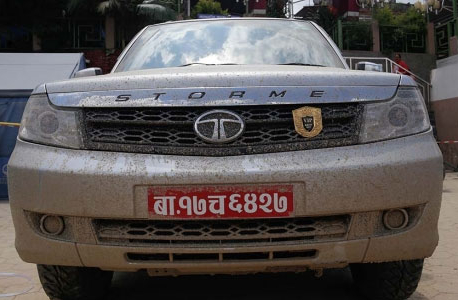
Nepal Army, APF clueless about jeep used for 88-gold smuggling
RASUWA, Sept 7: Arousing enough suspicion, except at Nepal-China border, there is no registration record of the vehicle Tata Safari... Read More...
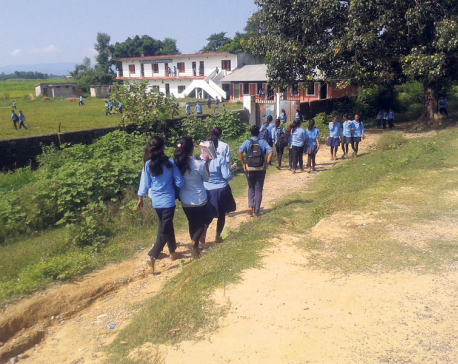
Government school's dilemma: Free or quality education?
DANG, Jan 17: A state-run primary school, Ratri Primary School, in Ghorahi - 3 decided to enhance the quality of its... Read More...




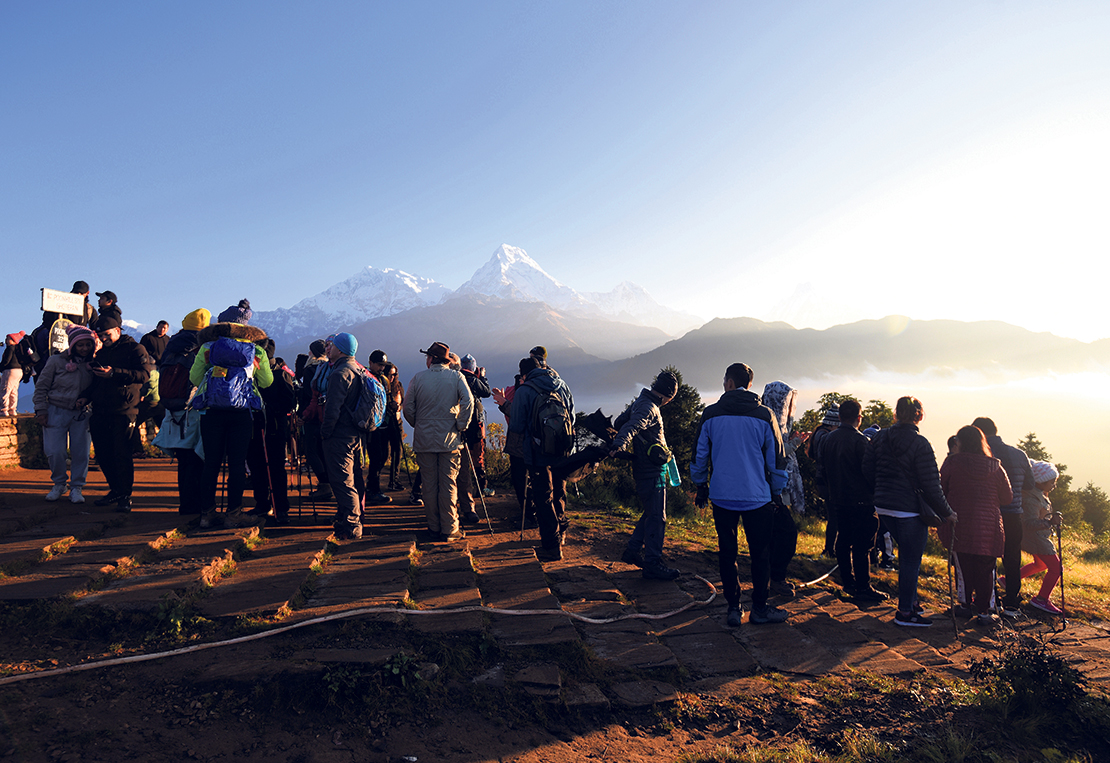

Just In
- Power supply to be affected in parts of Kathmandu Valley today as NEA expedites repair works
- Godepani welcomes over 31,000 foreign tourists in a year
- Private sector leads hydropower generation over government
- Weather expected to be mainly fair in most parts of the country today
- 120 snow leopards found in Dolpa, survey result reveals
- India funds a school building construction in Darchula
- Exploring opportunities and Challenges of Increasing Online Transactions in Nepal
- Lack of investment-friendly laws raises concerns as Investment Summit approaches









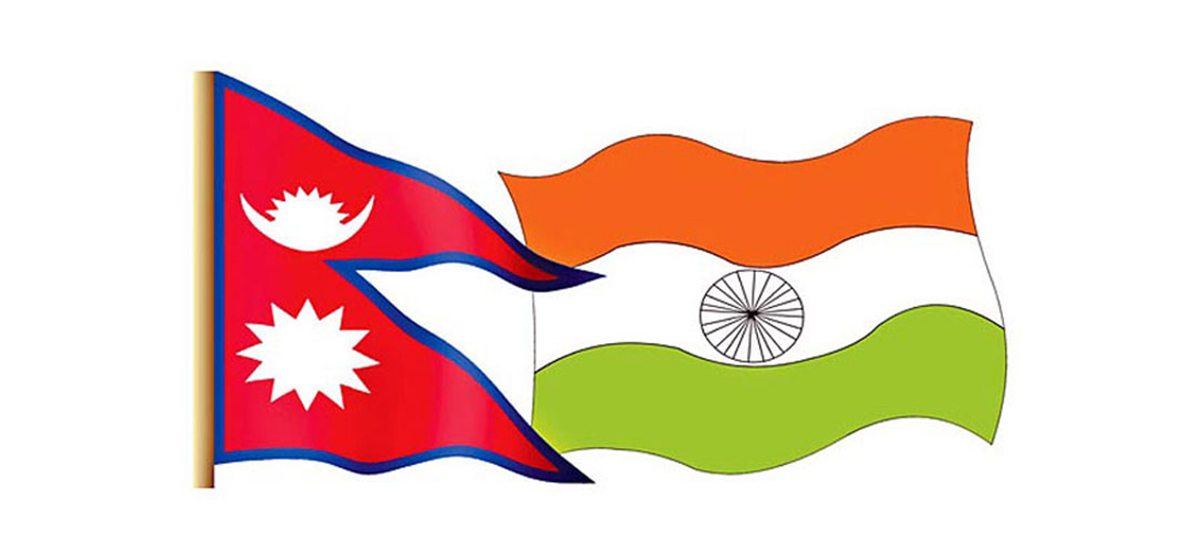

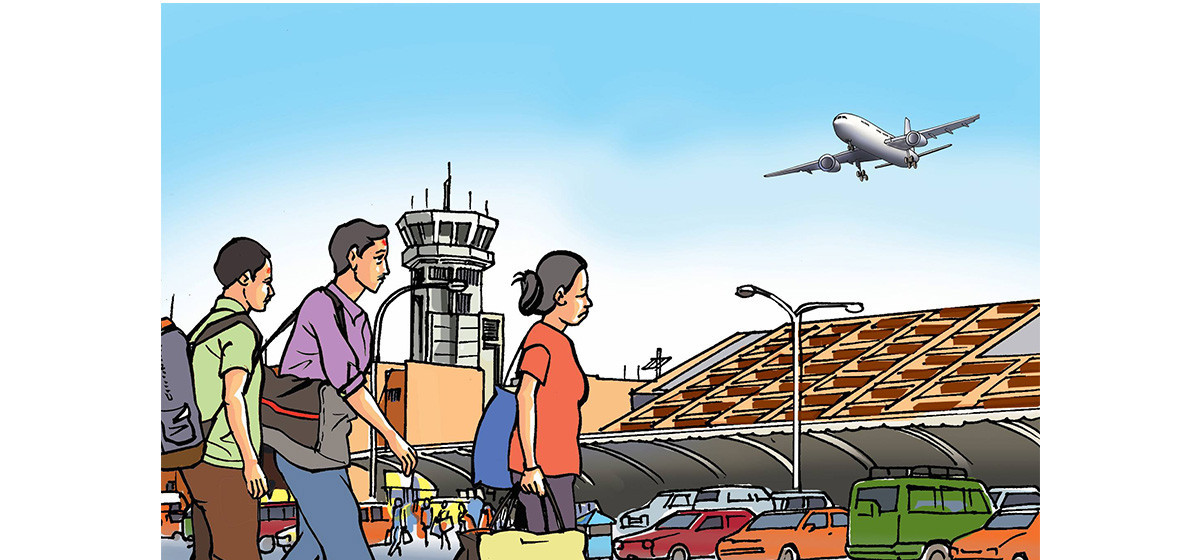
Leave A Comment